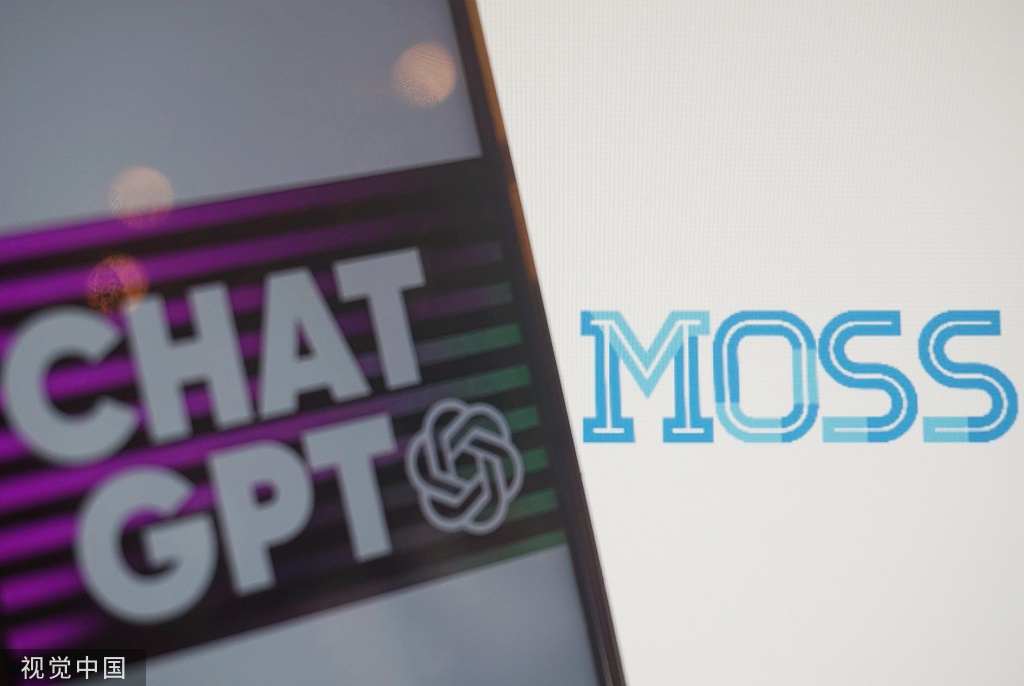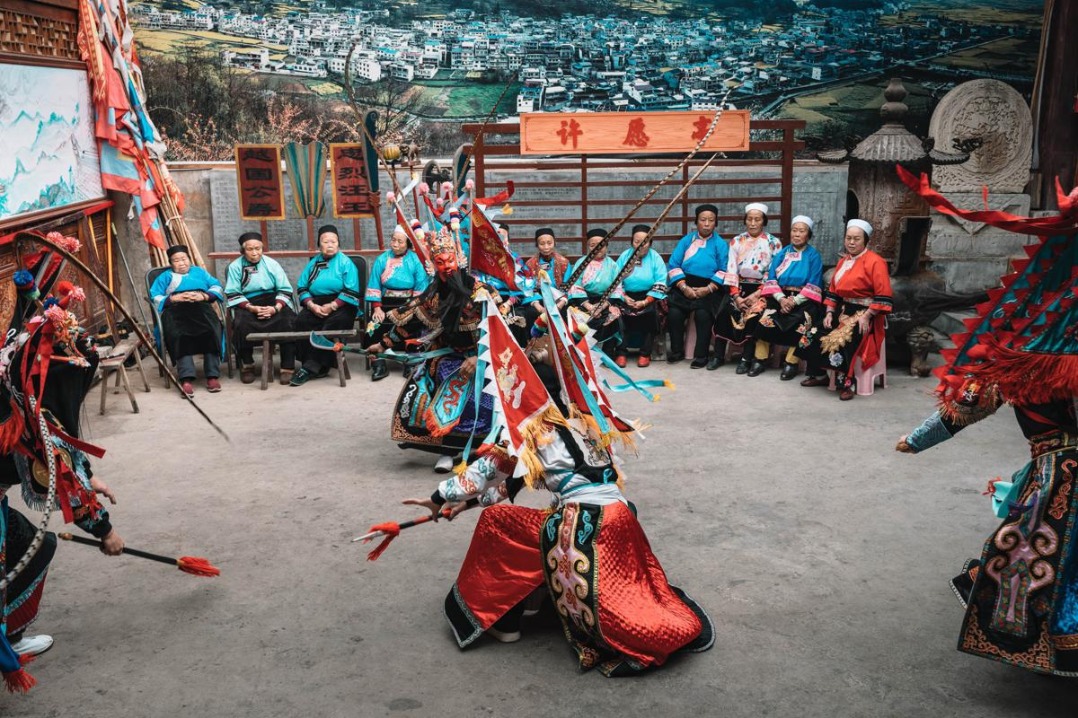Chinese chatbot to be made open source


Artificial general intelligence will become a reality in the coming years, said the Chinese research team behind MOSS, China's first publicly unveiled ChatGPT-like model.
Named after the intelligent quantum computer that controls the space station in the popular Chinese sci-fi film The Wandering Earth II, MOSS is a conversational large-scale language model developed by a research team from Fudan University.
Since it was made available for public testing on Feb 20, the ChatGPT-like chatbot has aroused excitement from all walks of life, trending on various Chinese social media such as Sina Weibo.
While it is still undergoing intensive internal testing and optimization, the expectation for the chatbot's debut was raised even higher when Qiu Xipeng, a professor from Fudan's School of Computer Science who leads the research team, announced the team's plan to make it open source by the end of March.
Many have wondered if MOSS will make the science fiction character in the movie a reality.
"I'm very optimistic," Qiu said. "MOSS is at the forefront of the most cutting-edge exploration in the field of natural language processing and even the field of AGI.
"We look forward to using MOSS as a pedestal leading to AGI, which will not be very far from science fiction. It will become a reality maybe in five to 10 years. By that time, we will accept AGI as we accept search engines now."
AGI, also known as strong AI or deep AI, refers to machine intelligence that can solve problems as well as a human.
Qiu and his team of eight Fudan students set out to develop MOSS at the end of last year.
Although the scale of MOSS is an order of magnitude smaller than that of ChatGPT, and its coverage of factual problems is not comprehensive enough, its logical ability is "not bad", the team said.
Sun Tianxiang, a doctoral student in the School of Computer Science who is a key member of the research team, recalled a moment of excitement in the development of MOSS on Jan 19. Sun was then experimenting with the model. He entered a question in Chinese and MOSS answered, not in Chinese, but in English, correctly, "like a person who can't speak but understands Chinese," Sun said.
At that time, the version of MOSS was still very elementary with its Chinese corpus accounting for less than 0.1 percent of all training data, Sun explained.
Qiu, an expert with years of experience in the research of machine learning and natural language processing, was as surprised.
"It's amazing, we haven't taught it machine translation," he said, adding that he was so excited by the potential shown by MOSS that he lost sleep that night.
Qiu compared MOSS to a "smart kid". "Even though it is not good at writing poems, solving problems or many specific things, it has shown the potential to become an AGI framework."
Qiu also had his 6-year-old daughter chat with MOSS, and found that the child could happily talk to MOSS for a long time.
"We developed the MOSS model to explore and verify the technical route of ChatGPT to prove that we are not behind foreign countries in terms of technical implementation," Qiu said.
"Yet when we develop the MOSS model, we are not limited to pursuing a model with similar capabilities to ChatGPT."
Once made open source, MOSS can be deployed by small and medium-sized enterprises to develop various vertical products, such as smart customer service, smart home devices and AI lawyers, Qiu said.
He said he is very optimistic and believes that in the near future, large-scale language models such as MOSS will become as common as search engines, providing benefits in all aspects of people's lives.
"Maybe the industry will pay more attention to its initial performance. We pay more attention to its next-generation development, that is, how to realize AGI," Qiu said.
"From an academic point of view, only if we look farther ahead than OpenAI can we finally achieve transcendence. We firmly believe that academia has a lot to offer in this field."
- Lhasa's GDP grows 7.1 percent in first three quarters of 2025
- Co-hosting games boosts GBA integration
- Scholars call for ecological protection of Tunbu culture
- Cross-Strait exhibition highlights Chinese crested tern conservation
- China halts port fees on US vessels for one year
- China moves to cut teachers' administrative workload





































